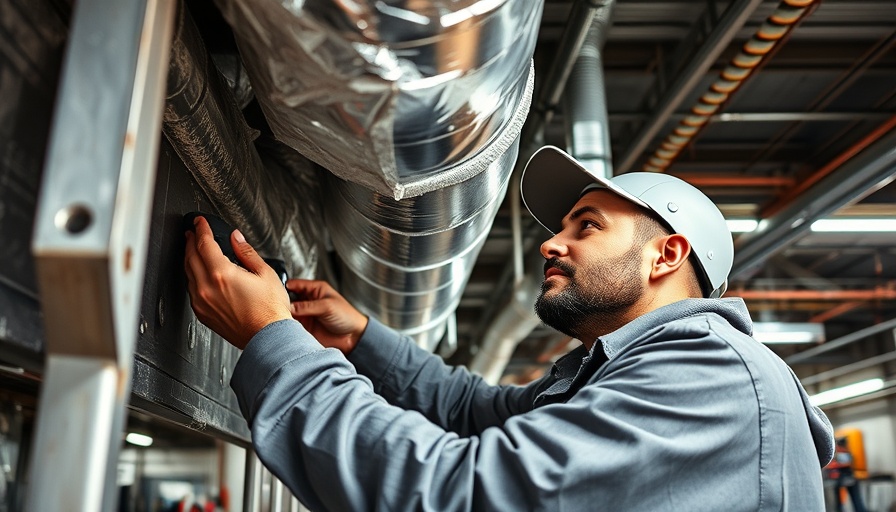
Understanding Filtration Systems: What You Need to Know
In today’s world, efficient filtration systems are essential, particularly in home and office environments. Proper filtration not only enhances air quality but also has significant implications for health and productivity. Understanding how to achieve better filtration can lead to improved overall wellness.
Why Filtration Matters in Your Living Space
The air quality in your home or workplace has a direct influence on your well-being. Poor filtration systems can lead to a buildup of pollutants, allergens, and even harmful microorganisms. Studies show that improving indoor air quality through effective filtration can reduce respiratory problems and enhance cognitive function.
Key Components of Effective Filtration Systems
A high-performing filtration system integrates various components, including HEPA filters, activated carbon filters, and UV light systems. HEPA filters are renowned for capturing tiny particles, while activated carbon speaks to the need for odor and gas absorption. Employing a multi-faceted approach ensures that multiple types of contaminants are effectively addressed.
Common Challenges in Achieving Better Filtration
One prevalent issue people face is selecting the right filter for their specific needs. Many consumers are unaware that not all filters suit all systems. Compatibility with HVAC systems, maintenance requirements, and filter lifespan are just a few aspects that require consideration. Understanding these factors can significantly affect air quality outcomes.
Innovative Solutions for Improved Filtration
Emerging technologies in filtration offer exciting solutions for enhancing air quality. Smart sensors can now monitor air quality in real-time, providing users with crucial data to optimize filter performance based on their environment’s specific needs. Additionally, advancements in biodegradable and non-toxic materials contribute to eco-friendly filtration options.
Future Outlook: Sustainability and Filtration
The push for sustainable technologies is reshaping the filtration landscape. As consumers increasingly prioritize eco-friendly products, the demand for systems incorporating non-toxic materials and energy-efficient designs is likely to rise. This trend aligns with broader sustainability goals and represents a shift in consumer preferences towards health-conscious living.
Taking Action: Your Steps to Better Filtration
Improving your filtration system involves a proactive approach. Start with a thorough assessment of your current system, identify your specific needs, and stay informed about emerging trends in filtration technology. Engaging with professionals and participating in forums can offer insights into the best practices for maintaining optimal air quality.
 Add Row
Add Row  Add
Add 






Write A Comment